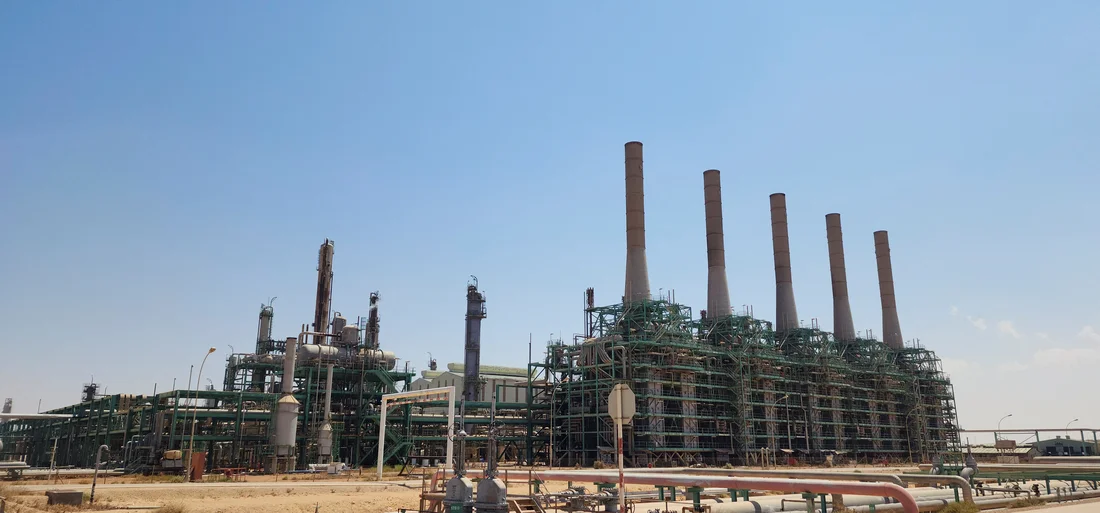More than half of Libya’s oil production, approximately 700,000 barrels per day, was shut down on Thursday, with exports halted at several ports as a standoff between rival political factions threatens to end a four-year period of relative peace in the country.
Libya’s National Oil Corporation (NOC), which manages the country’s oil resources, reported that the average oil output had dropped to 591,024 barrels on Wednesday, August 28, down from about 1.18 million barrels per day (bpd) in July. The NOC also reported that total losses over the past three days due to oilfield closures amounted to 1,504,733 barrels, valued at approximately $120 million.
The ongoing crisis centers on control of the Central Bank of Libya, sparking fears of renewed instability in the country, which is a significant oil producer divided between eastern and western factions supported by Turkey and Russia.
Export operations at key ports in Libya’s oil-rich Crescent region—including Es Sidra, Brega, Zueitina, and Ras Lanuf—were halted on Thursday, according to engineers at the ports. Four vessels had loaded 600,000 barrels of oil each from these ports—two from Es Sidra, one from Brega, and one from Zueitina—before departing earlier that day.
Oil output from fields managed by Waha Oil Company, a subsidiary of the NOC, has dropped to 150,000 bpd from 280,000 bpd and is expected to decrease further, engineers said. Production has also been halted or reduced at other major fields, including Sharara, Sarir, Abu Attifel, Amal, and Nafoora, resulting in roughly 700,000 bpd of oil being taken offline, according to Reuters calculations.
Consulting firm Rapidan Energy Group estimates that production losses could reach between 900,000 and 1 million bpd, potentially lasting for several weeks.
The eastern factions have vowed to maintain the shutdown of oil production until the internationally recognized Presidency Council and Government of National Unity in Tripoli, which governs the western part of the country, reinstates veteran central bank governor Sadiq al-Kabir. The Presidency Council, led by Mohammed al-Menfi, announced Kabir’s dismissal on August 18, a move rejected by the eastern-based House of Representatives and the Libyan National Army, led by eastern commander Khalifa Haftar.
Libya, a member of the Organization of the Petroleum Exporting Countries (OPEC), has experienced little stability since the 2011 NATO-backed overthrow of longtime leader Muammar Gaddafi. The division between eastern and western factions dates back to 2014. Oil blockades have frequently been used as a political tool in the chaos following Gaddafi’s 42-year rule.
While smaller localized shutdowns have sometimes been resolved within days, larger blockades tied to significant political or military conflicts have occasionally persisted for months. The longest major blockade occurred in 2020, when Haftar halted nearly all oil production for eight months, a situation that was only resolved as part of a broader agreement following the collapse of his assault on Tripoli.


